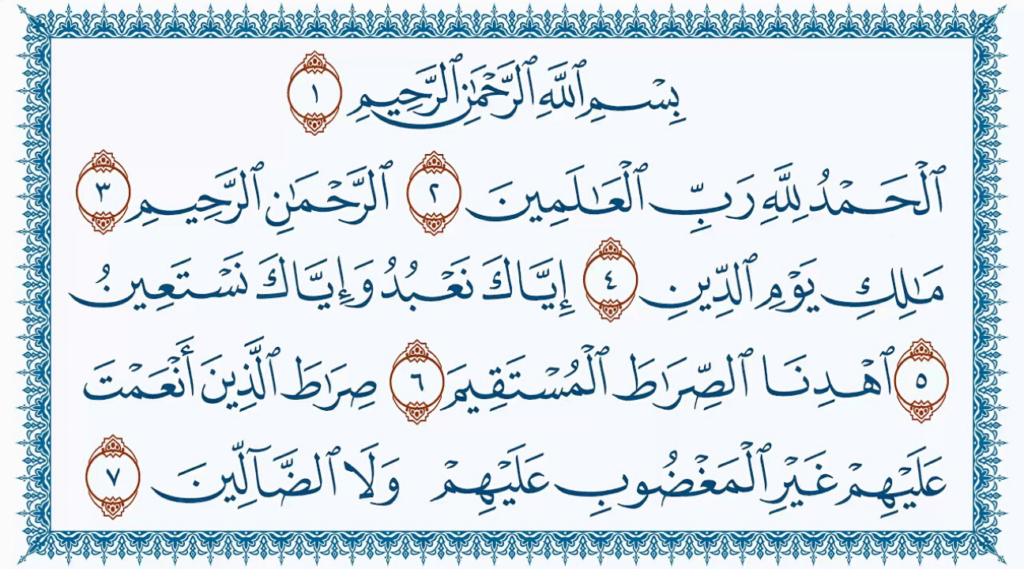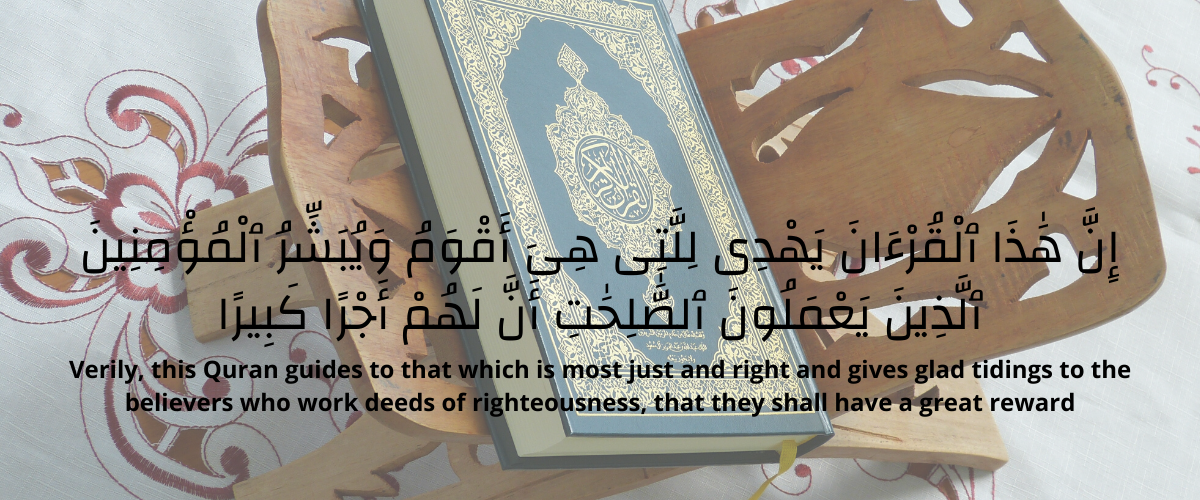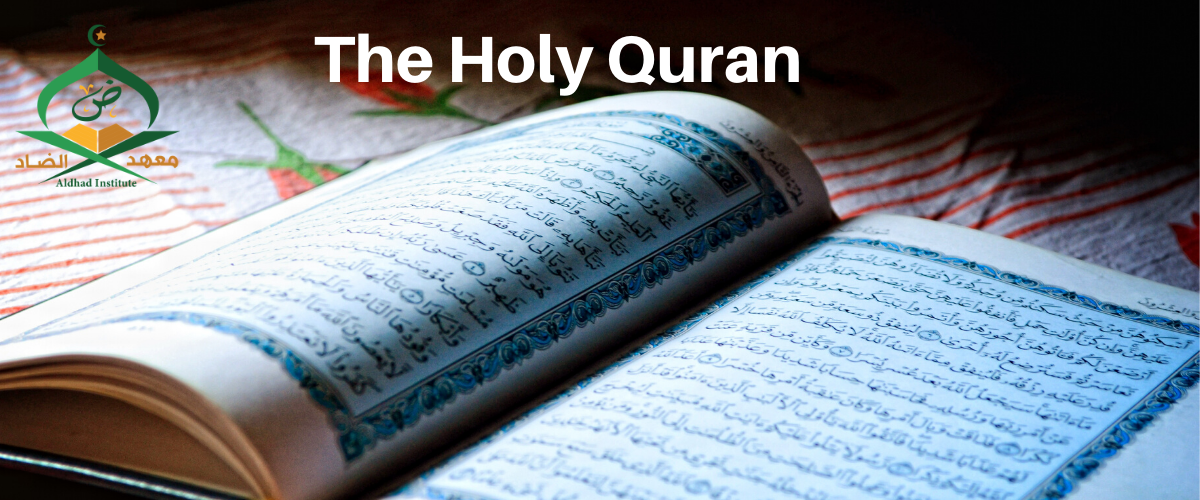Introduction
“ Praised be to Allah, Lord of the Universe(2) the Beneficent, the Merciful(3) and Master of the Day of Judgment(4) You alone We do worship and from You alone, we do seek assistance(5) guide us to the right path(6) the path of those to whom You have granted blessings, those who are neither subject to Your anger nor have gone astray(7).”

Start a FREE TRIAL now
The Quran in Arabic: القرآن, literally meaning “the recitation”, it’s the central religious text of Islam, which We believe to be a revelation from God (Allah). It is widely regarded as the finest work in classical Arabic literature .it is organized in 114 chapters (Arabic: سورة surah, plural سور suwar) — not according to when they were revealed (nor by subject matter), but according to length of surahs (with some exceptions) under the guidance of divine revelation. Surah is subdivided into verses (Arabic: آية ayah, plural آيات ayat) which the infrastructure of the whole Quran, some chapters were revealed in mecca while the others were revealed in Madinah.
Read more about The division of Quran into ‘Meccan surahs’ and ‘Medinan surahs’
Quran history
As Muslims, we believe that the Quran was orally revealed by God to the final prophet, Muhammad(peace be upon him), through the archangel Gabriel (Jibril) when Muhammad (p.b.u.h)was 40, in HERAA cave then eventually all Muslims regard the Quran as Muhammad’s most important miracle, a proof of his prophethood, and the peak of a series of divine messages starting with those revealed to Adam, including the Tawrah (Torah), the Zabur (“Psalms”) and the Injil (“Gospel”), and ending with Muhammad’s revelation. The word “Quran” occurs some 70 times in the Quran’s text, and other names and words are also said to refer to the Quran. Unlike the Bible, it is thought to be not simply divinely inspired, but the literal word of God.
Several of Muhammad’s companions (peace be upon them) served as scribers and recorded the revelations. Shortly after his death, the Quran was assembled by his companions, who had written down or memorized parts of it. These manuscripts showed the main rule that motivated Caliph Uthman to establish a standard and collected version, now known as Uthman’s codex, which is generally considered the original type of the Quran known today. There are, however, variant types of the written font used in Quran texts.
Why the Quran is so important?
The Quran assumes familiarity with major narratives recounted in the Biblical scriptures. It summarizes some, dwells at length on others and, in some cases, presents alternative accounts and interpretations of events. The Quran describes itself as a book of guidance for mankind. It sometimes offers detailed accounts of specific historical events, and it often emphasizes the moral significance of an event over its narrative sequence. Supplementing the Quran with explanations for some cryptic Quranic narratives, and rulings that also provide the basis for sharia (Islamic) law (in most denominations of Islam), are Hadith — oral and written traditions believed to describe words and actions of Muhammad (PBUH) During prayers, the Quran is recited only in Arabic. Someone who has memorized the entire Quran is called a hafiz. Quranic verse (ayah) is sometimes recited with a special kind of elocution reserved for this purpose, called tajwid. During the month of Ramadan, Muslims typically complete the recitation of the whole Quran during tarawih prayers. In order to extrapolate the meaning of a particular Quranic verse, most Muslims rely on exegesis or tafsir.
How the Quran describes Muhamed (PBUH)?
The Quran describes Muhammad as “ummi”, which is traditionally interpreted as “illiterate”, but the meaning is rather more complex. Medieval commentators such as Al-Tabari maintained that the term induced two meanings: first, the inability to read or write in general; second, the inexperience or ignorance of the previous books or scriptures (but they gave priority to the first meaning). Muhammad’s illiteracy was taken as a sign of the genuineness of his prophethood. For example, according to Fakhr al-Din al-Razi, if Muhammad had mastered writing and reading he possibly would have been suspected of having studied the books of the ancestors. Some scholars such as Watt prefer the second meaning of “ummi”—they take it to indicate unfamiliarity with earlier sacred texts.
The final verse of the Quran was revealed on the 18th of the Islamic month of Dhu al-Hijjah in the year 10 A.H.



